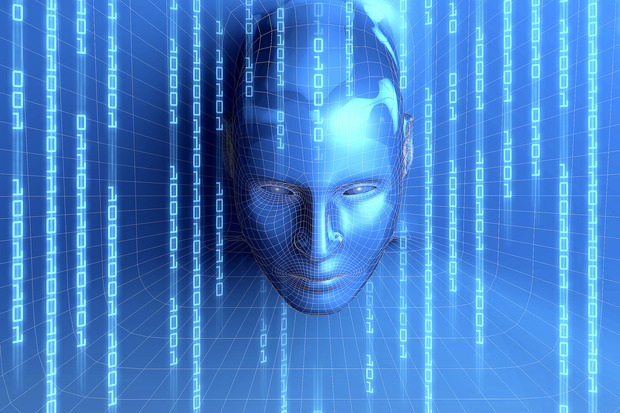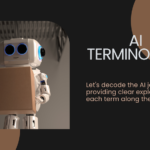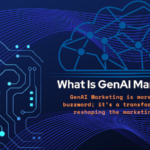The Bloomberg article a few days back reported that Greg Corrado, a senior research scientist at Google outlined for the first time the emerging role of AI in search.
Greg Corrado said:
RankBrain uses artificial intelligence to embed vast amounts of written language into mathematical entities -- called vectors -- that the computer can understand. If RankBrain sees a word or phrase it isn’t familiar with, the machine can make a guess as to what words or phrases might have a similar meaning and filter the result accordingly, making it more effective at handling never-before-seen search queries.
“Search is the cornerstone of Google,” Corrado said. “Machine learning isn’t just a magic syrup that you pour onto a problem and it makes it better. It took a lot of thought and care in order to build something that we really thought was worth doing.”
RankBrain is Google’s name for a machine-learning artificial intelligence system that’s used to help process its search results, as was reported by Bloomberg and also confirmed to Search Engine Land by Google.
What Is Artificial Intelligence (AI)?
AI is the science and engineering of making intelligent machines, especially intelligent computer programs. It is related to the similar task of using computers to understand human intelligence. Intelligence involves mechanisms, and AI research has discovered how to make computers carry out some of them.
What Is RankBrain?
Corrado said, RankBrain is one of the “hundreds” of signals that go into an algorithm that determines what results appear on a Google search page and where they are ranked. In the few months it has been deployed, RankBrain has become the third-most important signal contributing to the result of a search query.
Danny Sullivan in his article on SEL wrote:
it seems much more likely that RankBrain is somehow helping Google better classify pages based on the content they contain. RankBrain might be able to better summarize what a page is about than Google’s existing systems have done. (But Google isn’t saying anything other than there’s a ranking component involved.)
As Google told SEL, it can see patterns between seemingly unconnected complex searches to understand how they’re actually similar to each other. This learning, in turn, allows it to better understand future complex searches and whether they’re related to particular topics. Most important, from what Google told us, it can then associate these groups of searches with results that it thinks searchers will like the most.
Google didn’t provide examples of groups of searches or give details on how RankBrain guesses at what are the best pages. But the latter is probably because if it can translate an ambiguous search into something more specific, it can then bring back better answers.
People around the world make more than 3.5 billion Google searches every day and 15% of these queries have never been made before. RankBrain helps Google deal with these 15% f queries. During tests Google engineers who design the algorithms correctly ranked 70% of sites from a range of search terms while, RankBrain achieved a score of 80%.
An interesting paper on Distributed Representations of Words and Phrases and their Compositionality explains the way words and phrases can be mathematically connected.
October 28, 2015




